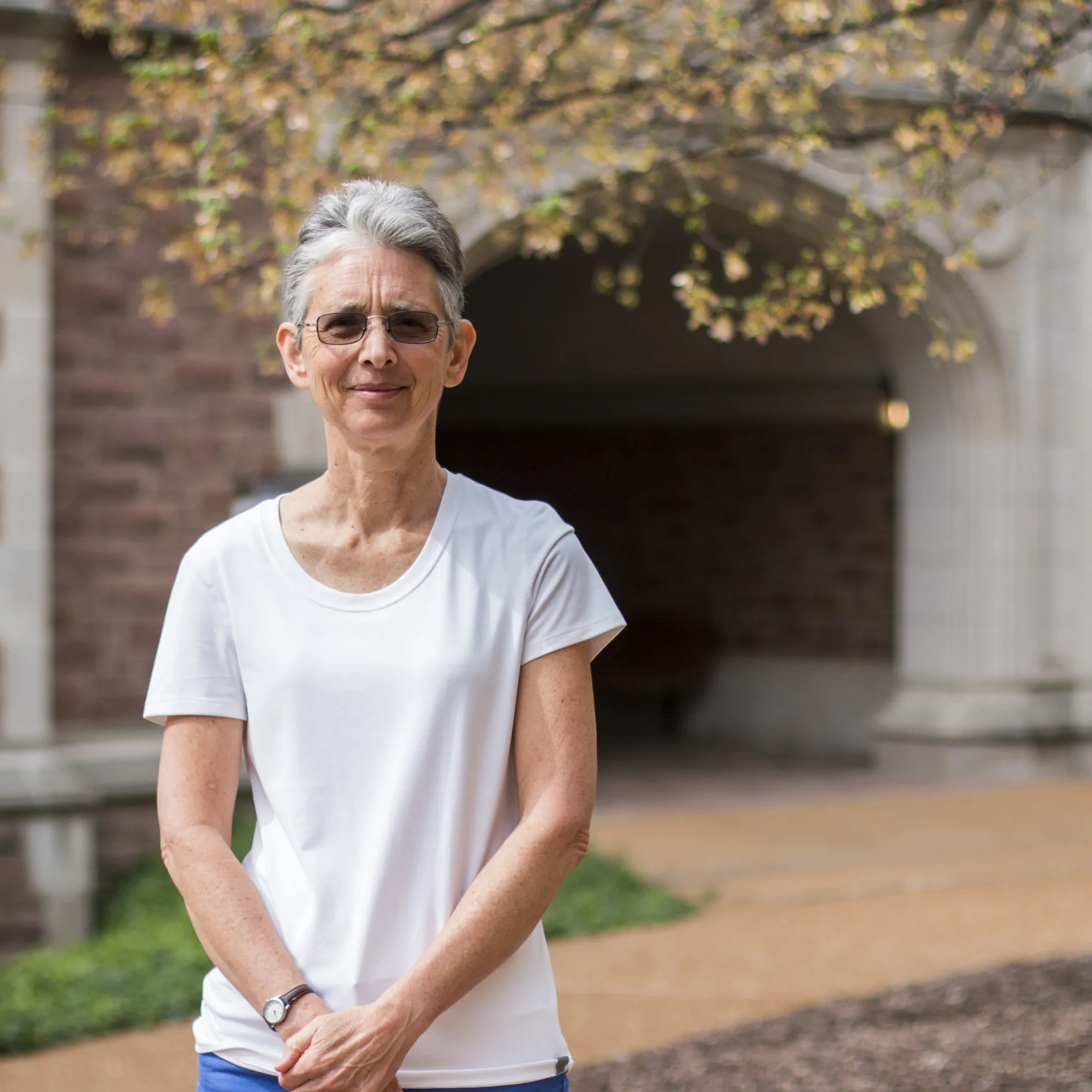Professor Treiman conducts research on language and language development. Her major focus is on reading and spelling skills and how they develop. One line of research examines children's spelling, looking at the linguistic reasons why children spell words as they do. Other research examines children’s ability to decode written words. Treiman and her collaborators also study reading and spelling processes in adults. For example, they are analyzing the spelling-to-sound relationships in words of more than one syllable and studying how people read and spell these words. Many of the studies in the lab are carried out with typical learners and users of English. Some studies involve users of other languages and individuals with language problems.

Rebecca Treiman
MA, University of Pennsylvania
BA, Yale University
- Lab Website
- Department of Psychological & Brain Sciences
- Applied Linguistics
- Department of Education
contact info:
- Email: rtreiman@wustl.edu
- Phone: 314-935-5326
- Office: Somers Family Hall 235H
mailing address:
- Washington University
CB 1125
One Brookings Drive
St. Louis, MO 63130-4899
